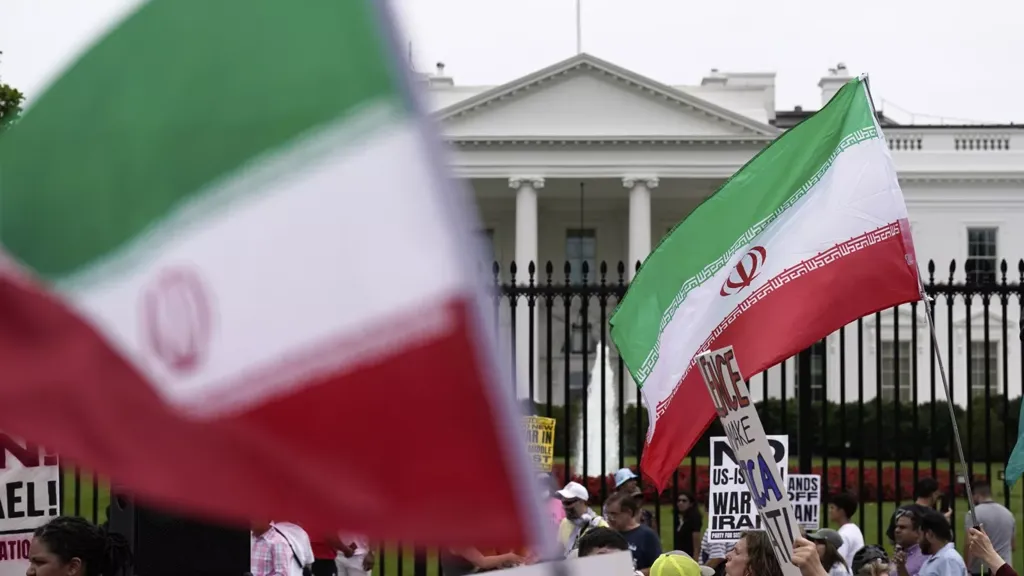Iran has challenged the United States to make a pivotal decision following the recent war with Israel, urging Washington to return to diplomacy or risk further escalation.
In a sharply worded op-ed published in the Financial Times, Iranian Foreign Minister Abbas Araghchi posed a stark question to President Donald Trump's administration: "Will the US finally choose diplomacy? Or will it remain ensnared in someone else's war?"
Newsweek has reached out to the State Department and Iran's foreign ministry for comment.
The recent war between Israel and Iran, followed by direct U.S. involvement, marked a major escalation in the region and derailed high-level diplomacy between Tehran and Washington. Araghchi's statement underscores the fragility of the region's balance and raises the stakes for future dialogue on nuclear disarmament and regional stability.
According to Araghchi, Iran and Trump's envoy Steve Witkoff were making unprecedented progress: "In only five meetings over nine weeks, US special envoy Steve Witkoff and I achieved more than I did in four years of nuclear negotiations with the failed Biden administration." Talks were disrupted just before a sixth session due to Israeli airstrikes that targeted Iranian nuclear infrastructure.
Israel's June 13 airstrikes, described by its government as a preemptive attack against an "existential threat," triggered a 12-day war with Iran. The conflict also prompted President Trump to authorize airstrikes targeting Iranian underground nuclear facilities.
Araghchi accused Israel of deliberately sabotaging progress between Tehran and Washington. "Needless to say, the progress made in talks between Iran and the US has been sabotaged; not by Iran, but by an ostensible ally of America," he said. Araghchi rejected Israel's justification for the attack, saying, "Israel falsely claimed its air strikes were aimed at preventing Iran from developing nuclear weapons," and said that Iran remains a signatory to the Nuclear Non-Proliferation Treaty and committed to peaceful nuclear development under UN oversight.
Despite ongoing signals that the U.S. may be open to renewed diplomacy, Araghchi also questioned the reliability of Washington's intentions, warning, "After agreeing to new negotiations in good faith, we have seen our good will reciprocated with an attack by two nuclear-armed militaries...If there is a desire to resolve this amicably, the US should show genuine readiness for an equitable accord."
Elsewhere, Araghchi met with Saudi Arabia's Crown Prince Mohammed bin Salman in Jeddah on Tuesday, marking Araghchi's first visit to the kingdom since Tehran's with Israel. According to Saudi state news agency SPA, the talks focused on bilateral relations and "regional stability."
Iranian Foreign Minister Abbas Araghchi: "The choice is America's. Will the US finally choose diplomacy? Or will it remain ensnared in someone else's war?"
President Donald Trump: "I would love to be able to, at the right time, take those sanctions off [Iran], give them a chance at rebuilding, because I'd like to see Iran build itself back up in a peaceful manner."
With both countries recovering from the fallout of the Iran-Israel war and informal messages continuing behind the scenes, the next few weeks may determine whether diplomacy regains traction -- or whether the region remains locked in a cycle of confrontation.
